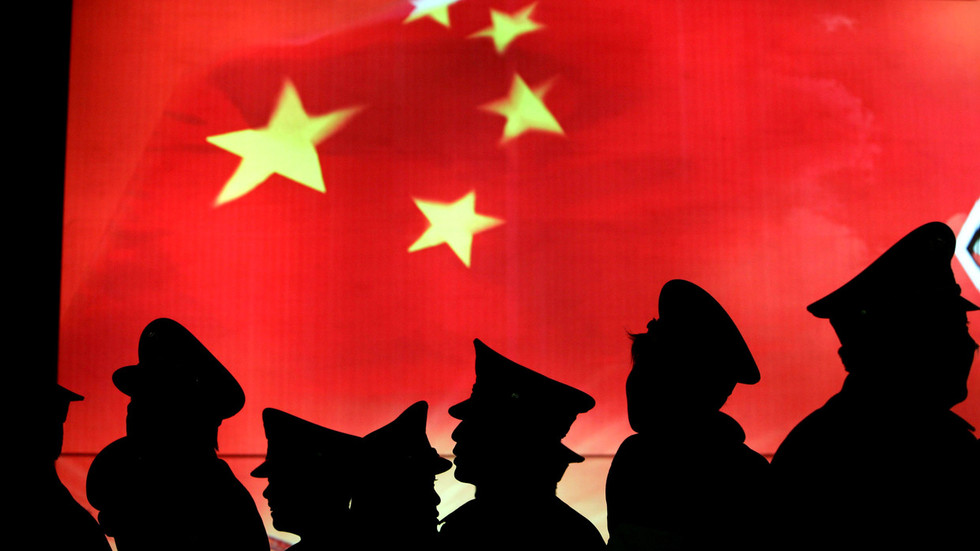A controversy is brewing at Microsoft, with employees claiming that the company’s internal email system is blocking messages containing certain words, including “Gaza,” “Palestine,” and “Genocide.” This has sparked accusations of censorship and discrimination, particularly in light of Microsoft’s ties to Israel. The allegations come from a protest group called No Azure for Apartheid (NOAA), which comprises current and former Microsoft workers. According to NOAA, dozens of employees have been unable to send emails internally or externally if these words appear in subject lines or message bodies.
The group’s organizer, Hossam Nasr, has condemned the restrictions, stating, “This is an attempt to silence worker free speech.” Nasr has accused Microsoft’s leadership of discriminating against Palestinian employees and their supporters. Notably, words like “Israel” or alternate spellings such as “P4lestine” are not filtered, further fueling concerns about bias. Microsoft has confirmed that it made changes to its email system to reduce internal political messaging, citing the need to limit mass political emails that are not work-related. A company spokesperson emphasized that such communications should be directed through opt-in forums.
The controversy surrounding Microsoft’s email policies has unfolded amid ongoing protests over the company’s cloud and AI contracts with Israel. Media reports suggest that these contracts support military operations in Gaza, which has raised concerns among employees and activists. While Microsoft has acknowledged working with the Israeli government, it claims that there is no evidence its tools have been used to cause harm. However, the company has also admitted to lacking visibility into how its software is deployed on private systems.
The internal dissent at Microsoft has played out publicly in recent weeks. At the Microsoft Build developer conference, an employee named Joe Lopez interrupted CEO Satya Nadella’s keynote speech, accusing the company of enabling war crimes. Lopez was later fired after sending a mass email to thousands of staff members calling for action. The incident highlights the deep-seated concerns among some Microsoft employees about the company’s involvement in sensitive geopolitical issues. As the debate continues, Microsoft faces mounting pressure to address the concerns of its employees and the broader public about its business practices and their potential impact on human rights.



